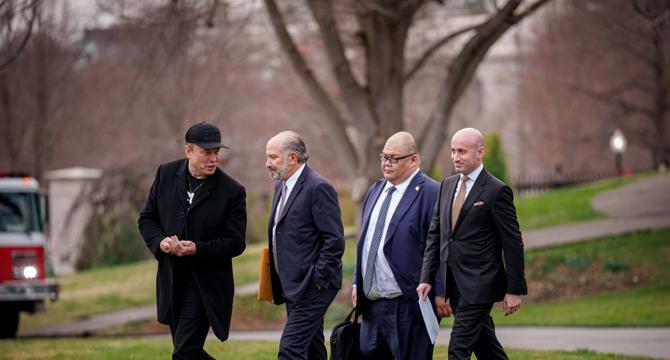Wired
1M
451

Image Credit: Wired
Using Starlink Wi-Fi in the White House Is a Slippery Slope for US Federal IT
- The White House is adding Elon Musk-owned SpaceX's Starlink Wi-Fi to improve connectivity, donated by the company.
- Security experts express concerns about bypassing security controls, setting problematic precedents, and creating potential security exposures.
- Nicholas Weaver labels the move as shadow IT, highlighting the sensitivity of White House Wi-Fi to national security.
- There are worries about the implementation of Starlink not complying with White House Communication Agency requirements.
- Former NSA hacker Jake Williams raises concerns about potential security risks and remote access with the Starlink connection.
- Starlink, designed for areas lacking terrestrial internet, is puzzlingly routed through a White House data center miles away from the building.
- Using satellite internet like Starlink where fiber lines are readily available is deemed inefficient and potentially creates long-term dependencies on Musk's service.
- Elon Musk's control over Starlink raises concerns about future instabilities and the impact on national security.
- The setup of Starlink at the White House is criticized for being unnecessarily complex and inefficient.
- Despite technical reliability, the integration of Starlink at the White House raises questions about federal reliance on a Musk-controlled service.
Read Full Article
27 Likes
For uninterrupted reading, download the app